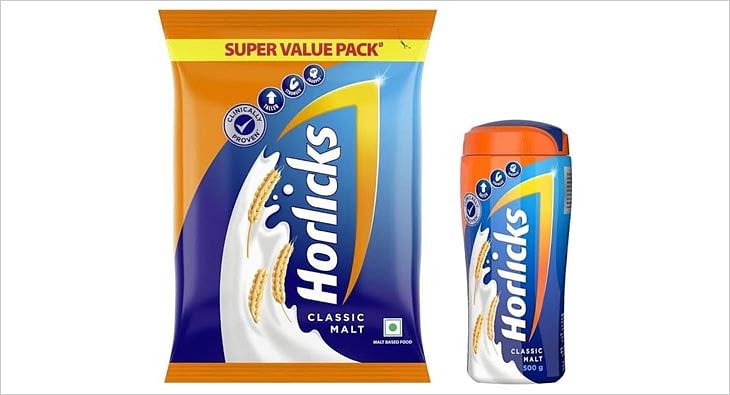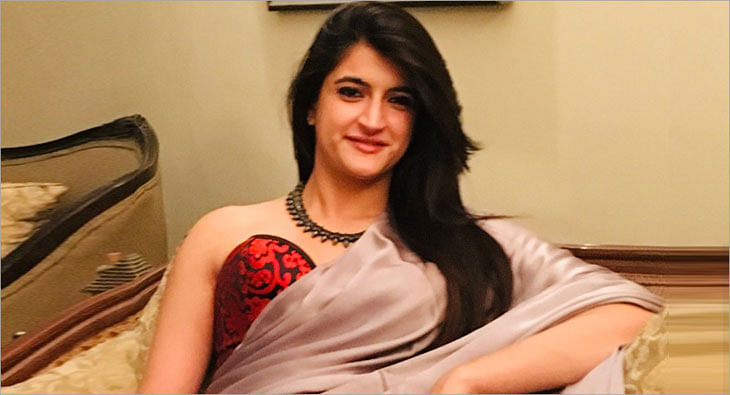HalaPlay signs Krunal and Hardik Pandya as brand ambassadors
HalaPlay is a daily fantasy sports platform offering winnings up to Rs 100 crore on their fantasy sports platform this cricket season

Online daily fantasy sports platform HalaPlay Technologies has appointed Krunal and Hardik Pandya as their brand ambassadors. The cricketer brothers will officially represent the platform going forward. HalaPlay is offering winnings up to Rs 100 crore on their fantasy sports platform this cricket season. Players get an opportunity for big wins, making the game potential even more exciting.
Fantasy sports is largely structured as paid competitions, typically referred to as contests enabling the winners to receive a share of a pre-determined pot funded by their entry fees. In the case of HalaPlay, they have chosen to do away with the platform fee.
Talking about the association, Hardik Pandya adds “What excites me the most about this association is that it keeps me motivated to ensure that my fans continue to choose me to be on their HalaPlay team and I get a chance to fulfill their expectation as an all-rounder.
Krunal Pandya comments, “Fantasy sports is new and exciting in the modern day digital sporting world. Playing on HalaPlay gives me an opportunity to go beyond the field to the small screen and connect with millions of cricket loving fans.
HalaPlay Co-Founder, Prateek Anand says “In a cricket loving nation like India, fantasy sports has become a way of life, which is where we see our exponential growth. Having the Pandya brothers on board is the right fit. Their all-rounded talent and fresh energy resonates with the essence of HalaPlay, as we are a young company with a lot to offer.”
“It is important for our audience to know that they can invest their time and money in a place where they will get legitimate results. That is why we have recently changed our product from a fixed fee to a zero platform fee model. Now HalaPlay users don’t have to pay any platform fee and this will give our gamers the winnings they deserve with the thrill of game play” he adds.
This new mode of gaming in India already has a fan base of more than 20 million today and the Indian fantasy sports industry is worth Rs 43.8 billion, it is estimated to reach Rs 118.8 billion by FY23 according to the Indian Federation of Sports Gaming (IFSG) and KPMG report.
HalaPlay recently received Rs 40 crores in their Series-A round of funding from Nazara Technologies Ltd. and Delta Corp Limited.
Read more news about Marketing News, Advertising News, PR and Corporate Communication News, Digital News, People Movement News
For more updates, be socially connected with us onInstagram, LinkedIn, Twitter, Facebook, Youtube, Whatsapp & Google News
About 60% Instagram influencers in India have fake followers: Report
As per a media report, influencer marketing platform KlugKlug has found that only 2.48 million profiles out of the 8 million have ‘high-quality’ followers
Two of three Instagram influencers in India have more than 60 per cent fake followers, a report by influencer marketing platform KlugKlug shows.
This is particularly true for the beauty and fashion sector, the report noted.
Other countries that have influencers with fake followers are Brazil, the UAE and Indonesia.
As per media reports, such Instagram fake followers can be roped in for as little as Rs 10 to a high of Rs 1,000.
According to Klug Klug India, only 2.48 million profiles out of the 8 million have high-quality followers.
A number of other categories have also been buying fake followers, media reports have noted.
As per a media expert, quoted in the reports, brands are finding it difficult to identify and curb the menace of fake followers and bots.
In a recent setback for influencers the Central Consumer Protection Authority (CCPA) has said those promoting activities like gambling and betting are equally liable as the companies promoting the same.
15% consumers enhance their user experience through virtual assistants: Kantar report
According to Soumya Mohanty, Managing Director & Chief Client Officer- South Asia, Insights Division, Kantar, less than 1% of ads get tested due to lack of time
Marketing data and analytics firm Kantar has unveiled a report that studies the burgeoning AI market to dish out actionable insights for marketers. Within AI, virtual assistants are the fastest growing segment. The report noted that 15% consumers enhanced their ‘user experience through virtual assistants’. This segment is the fastest growing at 27% YoY.
According to the study, while ‘fitness’ and ‘social media’ apps are amongst the leading categories, driving AI adoption (with an average of 2.3 AI led features embedded in these applications), segments like ‘BFSI’, ‘job search’ and ‘short video’ apps are relatively slow in AI adoption, with an average of 1.2 features each. Entertainment apps, digital commerce and pharmacy apps stand somewhere in the middle with 2.0 & 1.8 AI features being adopted, respectively.
Additionally, the report said that while 90% of marketing and sales leaders think their organisations should be using AI “often”, 60% said their organisations “rarely or never” do. Speaking to exchange4media, Soumya Mohanty, Managing Director & Chief Client Officer- South Asia, Insights Division, Kantar highlighted that currently there are a lot of organisations who know that there is something called AI, but haven’t yet figured out how it could help them holistically.
“A lot of the AI just gets used for efficiency purposes, so repetitive tasks get automated,” Mohanty pointed out. Data also plays a big role in why certain organisations are struggling with how to use AI.
For instance, Mohanty explained that in segments like D2C, telecom etc. there is a lot of primary or first-party data. So being able to leverage AI also gets easier. “It's the traditional large sort of FMCG type companies where data sits in silos. You don't really have one single source of data where it's a little difficult to use the full power of AI, because the full power of AI also needs a lot of data sitting in a structure that you can use,” she added.
So, can AI help marketers have a unified view of data? No, says Mohanty. “AI does not help marketers get a unified view of data. Once you have data in a unified way, AI can help you do a lot more with that data.”
According to her, organisations today need to have good, strong data warehousing. “It needs to make sense because a lot of the silos are also because everybody owns one part of it. A lot of people have their own analytics teams internally, so there are a lot of agendas and stakeholders. And then we say data is in silos because fundamentally, when you're doing something internally, different people have different stakes in it,” Mohanty added.
Puneet Avasthi, Senior Executive Director, South Asia, Insights Division, Kantar shared that most organisations are now heavily investing in creating first-party data sets. “Companies that have first party data about their consumers and transactions or interactions that they have with the brand are going to be able to leverage that more effectively to create sharper profiles for the brand as such for the consumer and build relevant recommendations at the right moments.
Panning out she also highlighted how AI can be leveraged to enhance market research and make it more accessible, a part of which Kantar is itself involved in. “A lot of times people say that we can't test an ad because we don't have time. So less than 1% of advertising gets tested and just gets put out. Does it work when it gets put out? It is the question the audience should answer, because so many times, it backfires,” Mohanty shared. Apparently, digital particularly doesn't get tested because organisations just do a/b testing and leave it at that.
Speaking of preferred use cases of AI, Avasthi added that various businesses and brands are looking at creating an experience for the brand that is in line with the brand's architecture and progress across all touch points. “That is something that the AI engines that are working behind can ensure, that all such interactions are consistently delivered across different virtual assistants or chatbots that are available to the consumer,” he said.
The other use case, according to Avasthi, is ensuring that there is greater visibility for the brand in the digital sphere as such, through various recommendation engines, when a certain need is being looked for and to throw up the right kind of information about the brand so that the brand message is amplified in the mind of the consumers.
Among other insights from the Kantar AI report is that 88% consumers used AI based algorithms which analysed their preferences, behaviours, and interests to create personalised recommendations for tailored experiences. This segment grew at 6 % YoY. At 21%, ‘smart home automation’ is a smaller segment but growing at 25% YoY.











 Share
Share
